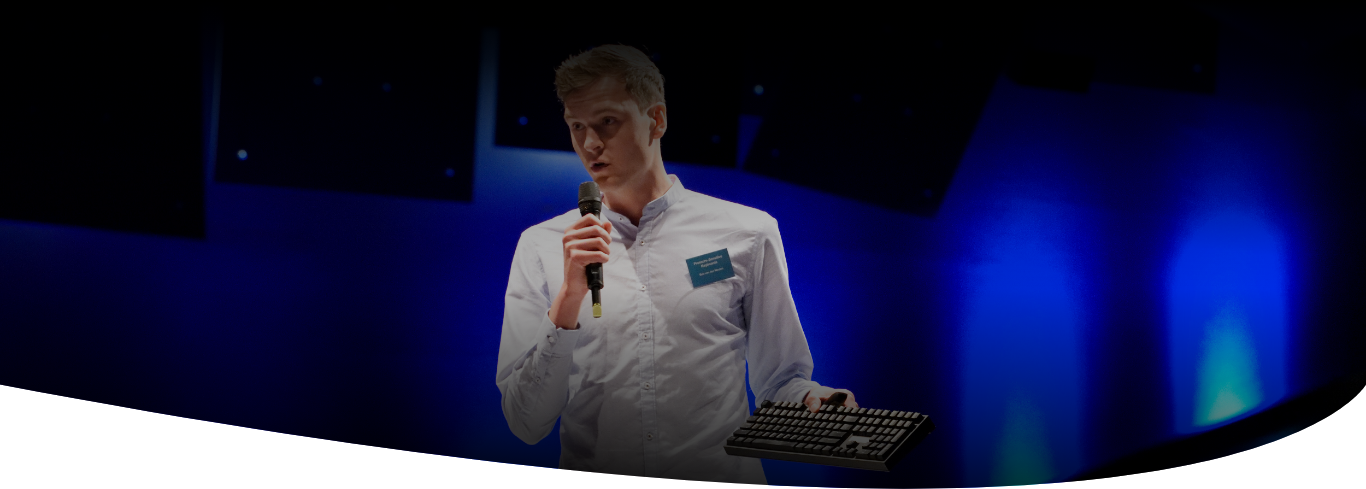Filters
Categories
Clusters
SAROWA
The unsustainable fashion industry, particularly the unsustainable practices during the production of clothing and mass-production of generic “fast-fashion” clothes. To illustrate, a regular cotton shirt requires 2,800 liters of water in production. This alone shows the significant resource consumption and does not yet include negative externalities that arise such as environmental pollution in terms of CO2 emission, chemical pollution & waste, etc. More importantly, 12% of all resources/raw materials (fabrics) are lost during the production process. One reason for this is overshoot liquidation because producers opt for economies of scale, meaning they purchase more raw materials than necessarily required to benefit from lower purchasing prices. Furthermore, there is an upcoming desire to have unique pieces of clothing among generation Z (also generation Y). In other words, offering clothes that allow individuals to differentiate is a deep need of the generation of strong personalities.
BeBetter
When businesses fail there is a loss of knowledge and a loss of function for the materials used. In 2021 there were 250,000 starting businesses in the Netherlands. In that same year 133,000 businesses were forced to close down voluntarily or out of necessity. 50% of starting businesses fail within the first 5 years. Substantial amounts of experience that don't see the light of day. Big numbers of resources which lose its function and are not utilised to there potential.
The Snowflake Network
The sectoral culture in the social impact space is currently focused on competition. Although there are "exclusive" clubs for celebrity social impact makers, most changemakers struggle to find support, networks, and useful trainings.
OpportuCity
As emphasized by the UN Secretary General "cities are where the climate battle will largely be won or lost" as they make up more than 70% of the world's global emissions. Rapid unplanned urbanization, immense pressure on the environment and natural resources, growing inequality and increased energy consumption are some of the problems that create vulnerable cities. Furthermore, cities face a lack of collaboration between different stakeholders, as well as targeted action and democratic allocation of resources.
Hoog Living
Absence of sustainable healthy food products in the fitness sector, based on ingredients that are well-tolerated, healthy and not deceiving in their nutritional nature.
Minus & CO
Currently, fashion ecommerce stores/brands face difficulties in calculating their CO2 emissions and integrating it within multiple aspects of the company in a way that it can also improve financially. Yet, the consumption of fashion through online channels is one of the most polluting things in the current century.

